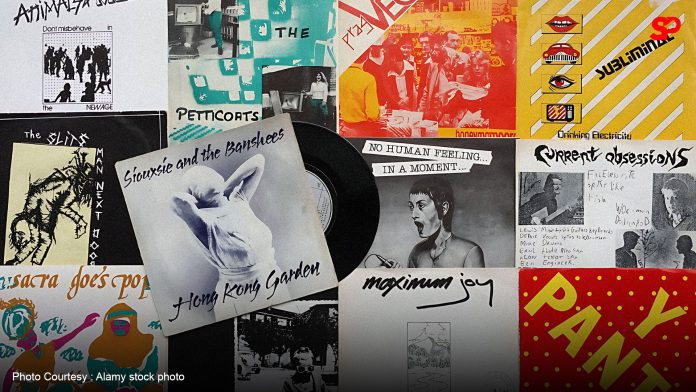By Jose Guillermo – Sunday Punch
I remember being a teenager in the ’90s and getting into New Wave music.
It had this smooth, more laid-back vibe that I really enjoyed, especially as a break from the heavy metal I was usually blasting.
After all that intensity and noise, New Wave was the perfect way to chill out and balance things.
The New Wave scene in the 1980s was an absolute rush. Living through it felt like riding a wave of creativity and rebellion. Everything was fresh, bold, and a bit surreal, like stepping into a futuristic world that was quirky, offbeat, and full of promise.
The music struck a perfect balance between the raw energy of punk and the shiny, futuristic sounds of electronic music. Synths, drum machines, and funky rhythms were at the heart of it all, and it was impossible not to get swept up in the energy.
What made New Wave so exciting was how diverse it was. On one side, you had bands like Depeche Mode creating dark, moody, synth-driven tracks that felt like getting lost in a smoky underground club.
On the other side, bands like Duran Duran brought sleek, polished pop made for dancing under neon lights in a glamorous, electric city. The music was catchy, but it wasn’t mindless—it had an artsy, rebellious edge. Every song seemed to make a statement. It wasn’t just something you danced to—it was something you felt and experienced.
And the fashion?
That was just as big a part of it as the music. Everyone—musicians, fans, everyone—was rocking these wild, futuristic looks. Neon colors, geometric patterns, and an edgy, androgynous style were everywhere.
Watching bands like The Cure, Blondie, or Talking Heads on MTV wasn’t just about the music; it was a full sensory experience. Their music videos were creative experiments—like little pieces of art that messed with your mind as much as the music did.
New Wave artists did not just make music; they built entire worlds, and every new video felt like it was breaking new ground.
What I loved most, though, was the contrast.
On the surface, New Wave had this fun, carefree vibe, but if you really listened, you would find deeper themes of alienation and disconnection. There were songs about technology, dystopia, and feeling out of place in a fast-changing world.
You could dance to it, sure, but beneath the upbeat rhythms were introspective, sometimes dark, lyrics. It was music for your head as much as your feet.
Being part of the New Wave movement felt like more than just following a music genre—it was a cultural shift. Everything felt possible, like we were rewriting the rules with every song, every look, and every live show.
Looking back now, it is clear how much New Wave influenced the music that came after. From electronic music to indie pop, you can still hear the echoes of those sounds in modern bands.
By the mid-1980s, New Wave’s commercial success began to fade as rock, heavy metal, and grunge took over, but its influence never really disappeared. You can still feel it in today’s indie and electronic music, with many contemporary artists citing it as a major inspiration.
For me, the New Wave era was unforgettable. It was strange, stylish, rebellious, and endlessly exciting. The music, the fashion, and the ideas all left a mark on pop culture that still feels alive today.
Some of the iconic New Wave bands that might ring a bell: The B-52’s, The Cars, Devo, New Order, Talk Talk, Human League, Tears For Fears, The Psychedelic Furs, Simple Minds, Gene Loves Jezebel, OMD, Spandau Ballet, INXS, A-ha, Echo & the Bunnymen, A Flock of Seagulls, and The Boomtown Rats.

